Forced medication…no investigation into suspicious deaths, compulsory detention of anyone – including children – for an indeterminate time…it all sounds like a scenario from a bad dystopian movie doesn’t it?
However, all of the above have been included as part of the Coronavirus Act, which was signed into law on March 25th. Although it is called the Coronavirus Bill, it has now become law, which is why this article refers to the Coronavirus Act, unless hyperlinking directly to the Parliament website.
The Emergency Coronavirus Bill grants police, immigration officers and public health officials new powers to detain “potentially infectious persons” and put them in isolation facilities.
It will also enable the government to prohibit and restrict gatherings and public events for the purpose of curbing the spread of COVID-19.
Authorities can FORCIBLY take biological samples from your body. Furthermore, there’s no clear access to legal rights from as-yet-unidentified isolation facilities.
In this article, we break down exactly what the law allows the government to do.
Medical Rights
The Act also weakens safeguards for detaining people under the Mental Health Act 1983.
This means that only one doctor will be needed to sign off on whether a person is sectioned – where previously at least two doctors had to sign off.
The Act also allows for “the extension and removal of time limits in mental health legislations”.
This means that people may be detained much longer than necessary. Ironically, it could also result in vulnerable patients being released into the community early, without any right to support.
Police and immigration officers can also detain people for any length of time in a testing facility.
Moreover, schedule 8, Part 1 of the Coronavirus Bill mandates that a person can be forced to submit to any medical treatment or vaccination deemed necessary by healthcare facilities – regardless of desire. Such ‘medical treatment’ could also include body cavity searches.
In addition, schedule 11 in the Act means that Local Authorities will now be exempted from compliance with their duties under The Care Act 2014.
Elections
The Coronavirus Act also gives governments the power to postpone local and national elections for an unspecified amount of time. This includes the upcoming local elections on May 7th 2020.
Inquests
If someone dies in police custody or any type of custody, authorities can simply dispose of the body without any paperwork, medical exam or certification or inquest.
Moreover, the government can order that a person is cremated with or without the permission of a person’s family and against any personal or religious wishes. The same also applies to stillborn births.
Travel Restrictions For Up to 2.5 Years
The Coronavirus Act could also restrict our movement in other ways, allowing the government to shut down airports and ports. This could have a knock-on effect on our right to family life – with loved ones unable to see each other.
While shutting down borders makes sense in the midst of a pandemic, these limits could be in place for at least 2.5 years – long after the pandemic has disappeared.
Mass Surveillance
The Act allows the government to appoint “temporary judicial commissioners,” who oversee the surveillance activity of intelligence agencies.
It also increases the time limit for which urgent surveillance warrants must be reviewed from three days to 12.
The government has said that this is “critical” for “national security” – perhaps anticipating that public unrest could result from prolonged isolation.
It is unclear how much transparency there will regarding how temporary judicial commissioners are appointed and how independent they are.
Big Brother Watch has warned that the Act appears to “weaken safeguards on mass surveillance powers” – which would impact on our right to privacy and data rights.
Limits on Events and Gatherings
The current lockdown has already restricted events and gatherings.
However, it does not contain safeguards for strikes and industrial action which exist in the Civil Contingencies Act 2004 – a law which sets out the powers the government has in large scale emergencies.
As a result, it allows the government to stop political protests. In the past, it has restricted protests by requiring activists to give notice about any upcoming protests and ask permission. However, this Act can prevent them altogether.
This is particularly important in light of the economic fallout which has already resulted from the coronavirus pandemic. Many workers are facing widespread job cuts and vast swathes of the population are now forced to live on statutory sick pay of £94.25 a week. Economists have already predicted that the pandemic will have an even more significant, catastrophic impact on the world economy.
The rights to freedom of assembly and expression are also limited by the Act. All of this can be done under an ambiguous order to “protect public health”.
Reaction to the Act
Civil liberties group Big Brother Watch has described the Act as containing the “most draconian powers in peace-time Britain”.
Meanwhile, Amnesty International has warned that “emergency powers can sometimes be misused, and this must not give a green light to trample on our basic human rights and liberties”.
The trouble is, much of the mainstream media has taught us to dismiss human rights organizations as a bunch of whiny activists. So therefore, the question is not how far will the Act allow the government to go. Instead the question we ought to be asking is, how far will we allow the government to go?
Akashic Times is the UK’s only online, fully independent not-for-profit newspaper that brings you real news from across the globe.
If you want to keep ahead of what is really going on in the world, subscribe to our newspaper via the subscribe button and join our Facebook & Twitter pages. Subscription is completely free ofcourse
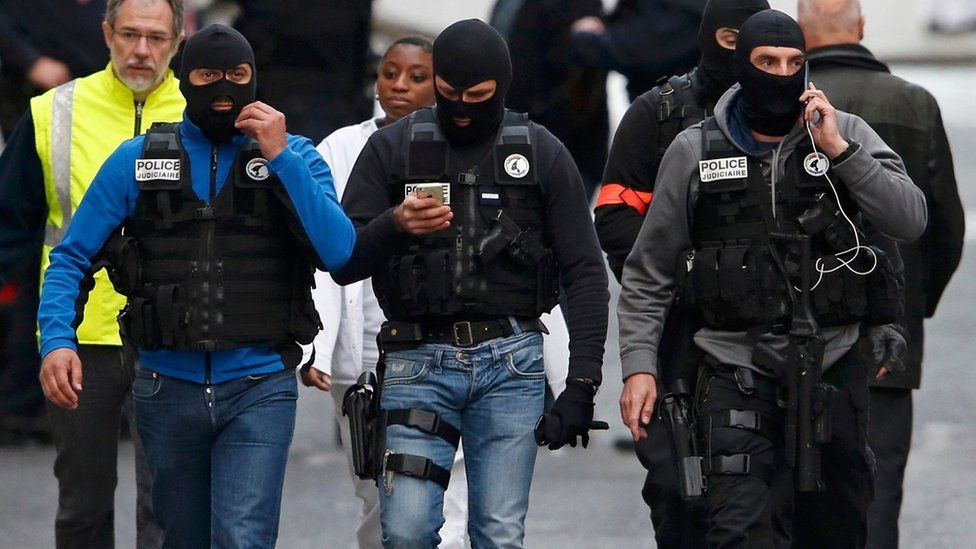

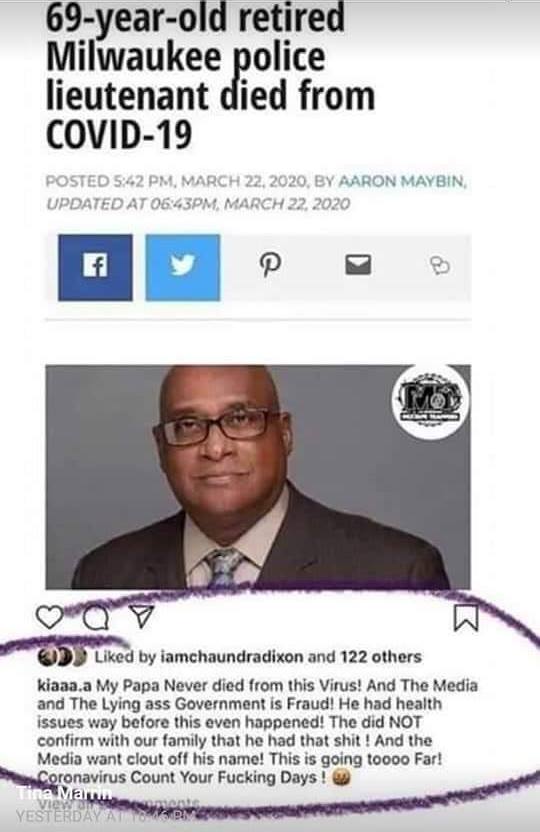

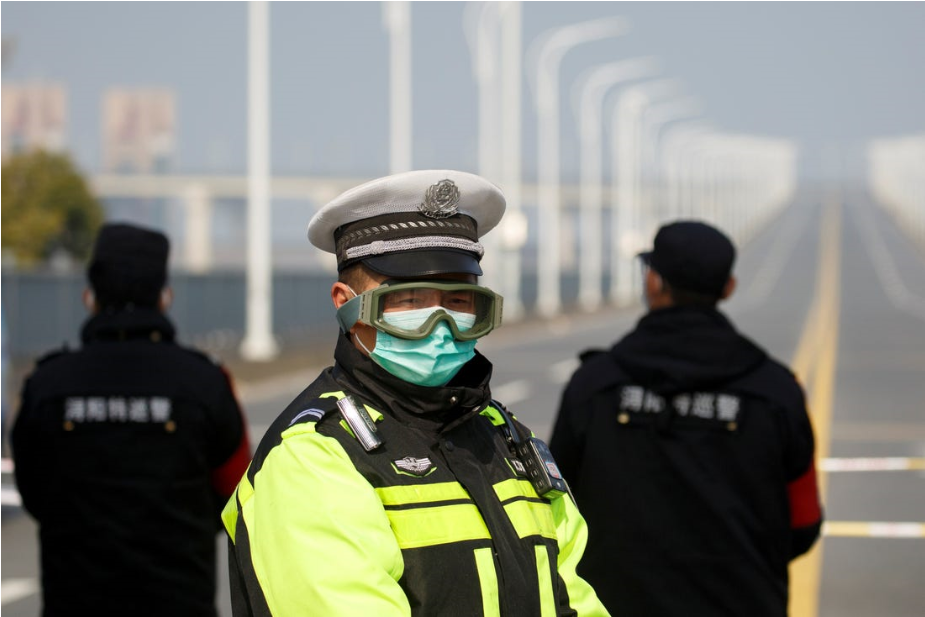

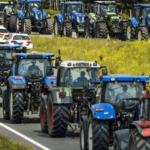
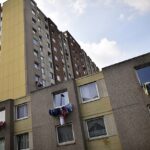














Follow Us!